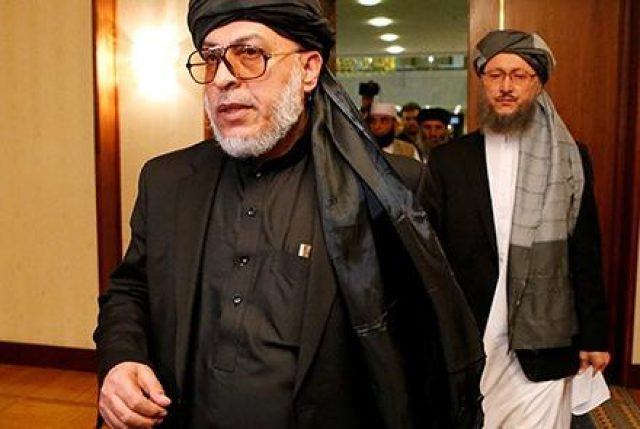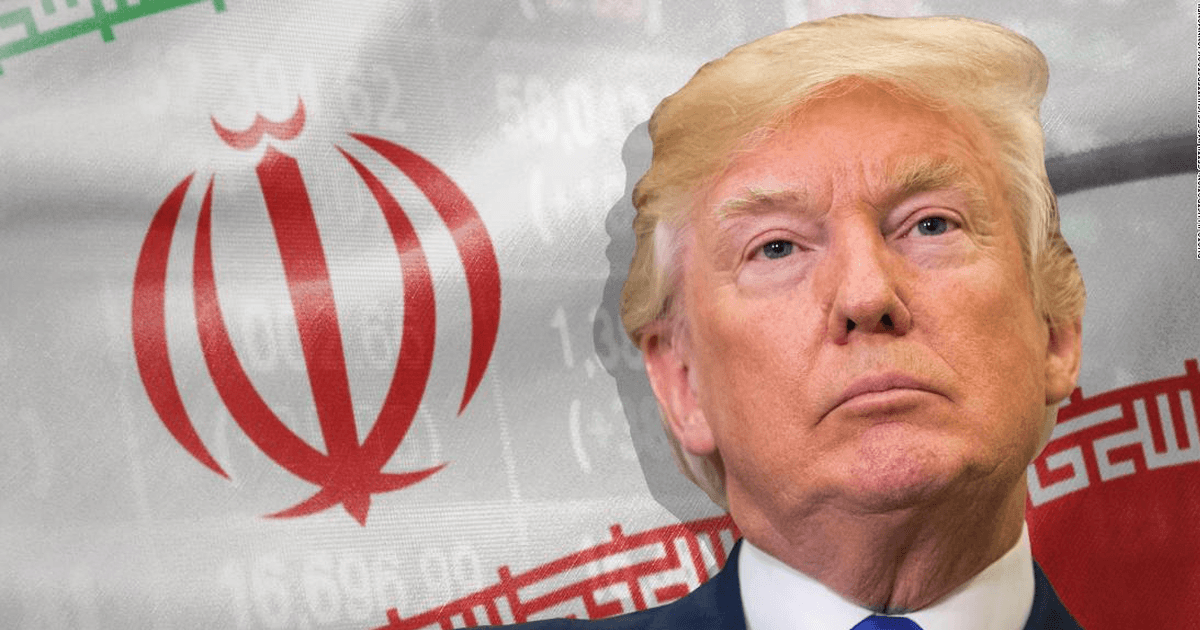News Analysis |
Afghan Taliban have said in a statement that their former deputy chief Mullah Abdul Ghani Baradar has been released by the Pakistani authorities after 9 years of imprisonment. “It is stated with great pleasure that former deputy of the Islamic Emirate Alhaj Mullah Abdul Ghani Baradar, who had been imprisoned in Pakistan for the last nine years, was released from jail,” a Taliban spokesman said in a statement sent to media on Thursday.
His relocation and further details were not the part of press release coming from Afghan Taliban neither Pakistan’s foreign office commented on the question about the merits of the claim made by the Taliban.
Mullah Abdul Ghani Baradar was apprehended in a joint ISI-CIA operation in 2010 from Karachi. One of the founders of the Taliban movement, Mullah Abdul Ghani Baradar served second in command to the deceased Taliban chief Mullah Umar. He was also in charge of the Taliban insurgency in Southern Afghanistan. It is not the first time that the news of his apparent release has surfaced.
It is not clear where he will be moved to after the release, but the chances are that he is going to be the missing bridge between the Taliban and the United States of America.
He was scheduled to be released on Sept 21, 2013, as the first Taliban prisoner to go free under the arrangement made between Pakistan and Afghanistan at Chequers Summit. But due to unknown reasons, his release was postponed. The current development is believed to be the result of the recent visit of U.S special envoy Zalmay Khalilzad to Qatar, the country where Taliban have a political office.
The Potential Ice-Breaker
For a long time, the back door pre-dialogue negotiations between representatives of the Afghan Taliban and the U.S state department were stalemated due to unwilling of Taliban to accept the legitimacy of the Afghan government. Taliban hold the impression that since they were ousted from the power as the consequence of U.S invasion, ultimately it is their right to regain the power once the U.S leaves.
On the other hand, after years of fighting and pouring billions of dollars into the rugged terrain, it would be all for nothing if the Taliban manage to climb back onto the power wheel.
Read more: Afghan Taliban announce fresh offensive in apparent snub to peace efforts
The release of Mullah Baradar is viewed in the context which would ultimately aid the dialogue process to reach a logical conclusion aspired by more or less everyone. Rejoice in the Taliban circles as evident from the press release is certainly going to be a morale booster for those who orchestrated his release.
It is not clear where he will be moved to after the release, but the chances are that he is going to be the missing bridge between the Taliban and the United States of America.
The Potential Dead-end
Where his release has certainly raised the hopes of many who want to see the process moving along, a certain level of skepticism also persists in the minds of analysts. Though he is still a respected figure among his former comrades, the new cadre of Taliban movement– who has ultimately been influenced by the Al-Qaeda ideology over the years– might not respond to the level of compromise which he may ask for.
It will not be long before the impact of Mullah Baradar’s release starts to define the contours of the Taliban-U.S dialogue if it actually had an impact.
Mullah Akhtar Mansoor, the Emir who took place of Mullah Umar, was seen as too inclined toward finding a peaceful way which led to a significant unrest within the Taliban circles. His assassination in 2016 brought Mullah Haibatullah Akhunzada into the driving seat after which an untempering wave of violence swept Afghanistan. Subsequently, the Taliban have entertained the request of negotiations with the U.S only.
Read more: Kandahar Tragedy: Pakistan rejects Afghanistan’s baseless allegations
Nevertheless, it is a new variable into an equation which was not taking the issue anywhere for a long time. It will not be long before the impact of Mullah Baradar’s release starts to define the contours of the Taliban-U.S dialogue if it actually had an impact.













